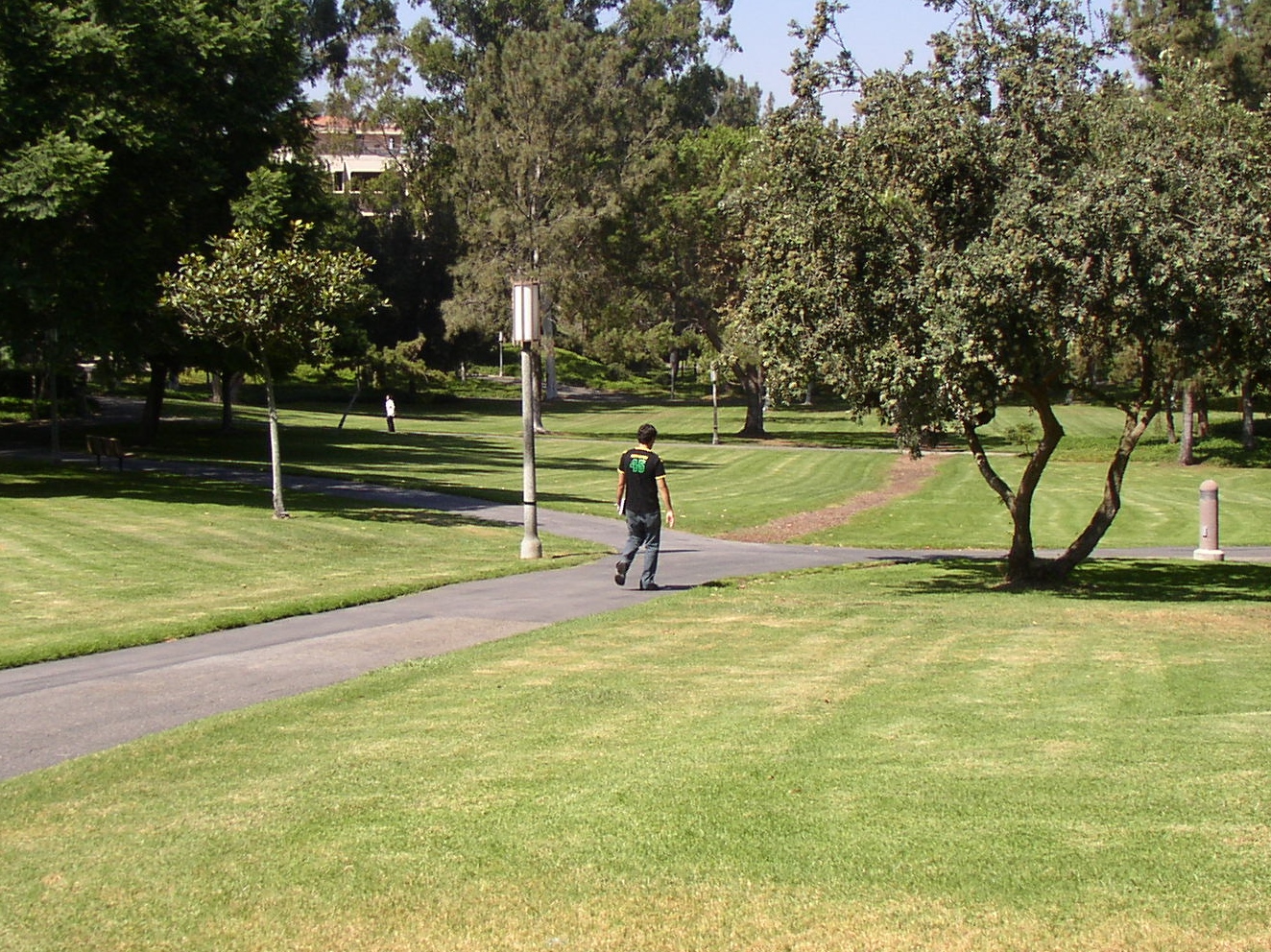According to the Avi Chai Foundation, a small, but growing, percentage of the Jews in America attend private Jewish schools. In general, these schools are much smaller than private secular schools and even smaller in comparison to most public schools. Imagine going to a school where you know every single student can identify their classmates’ siblings, can tell where they are from, and be able to say if they look more like their dad or their mom. You even know whose mom is a good cook and who has the largest house. I went to Yeshiva University of Los Angeles, or YULA, a school with a girls division of no more than 250 students and one of the only Modern Orthodox Jewish schools in Los Angeles. It is like living in a bubble of communal connection, but one with limited potential for expansion into the larger world.
Graduating high school and moving on to college is a challenge for most students. Everyone leaves behind classmates who they have known for years, perhaps since kindergarten, to sit in a challenging class without a clue about the person in the adjacent chair. However, those who attended small private high schools also have to become attuned to the sheer number of students, especially at large universities where you might never sit next to the same person in class twice. The shift can require additional adjustments as well; for me, even sitting in classes with men and women together was a different experience, since I attended girls-only schools for 14 years. Every day, I come home and mumble that there are way too many people at the university. When I wake up and need to choose the outfit for the day, I murmur the words that I never thought I would say: “I wish I had a uniform.” Life is much simpler when you do not have to worry about what to wear. In high school, my only clothing choice was which socks to wear that day.
In the bubble I come from, everyone is expected to go from high school to university and then to medical school, law school, or some form of graduate school. YULA expects its graduates to attend prestigious and well-known universities, and my goal was to get into an Ivy League.
In contrast, many of the students I have met in class do not come from backgrounds with such strong support for higher education. On the first day of class, when my classmates and I introduced ourselves, many students also mentioned that they are first-generation college students. A lot of them have been homeless; others have parents who belittle and abuse them emotionally, or even physically. Meeting young people my own age who actively choose to go to college and struggle daily to stay here showed me the value they place on higher education and their hard work to achieve something many people take for granted. Their stories have also familiarized me with issues that I did not know much about before entering college, such as the problems raised by county and state budget cuts.
I have come to realize that a true education is something earned rather than something given, and consists of more than rote attendance of lectures. And that a college education is, at least to my classmates, worth overcoming significant obstacles and personal challenges to obtain.

